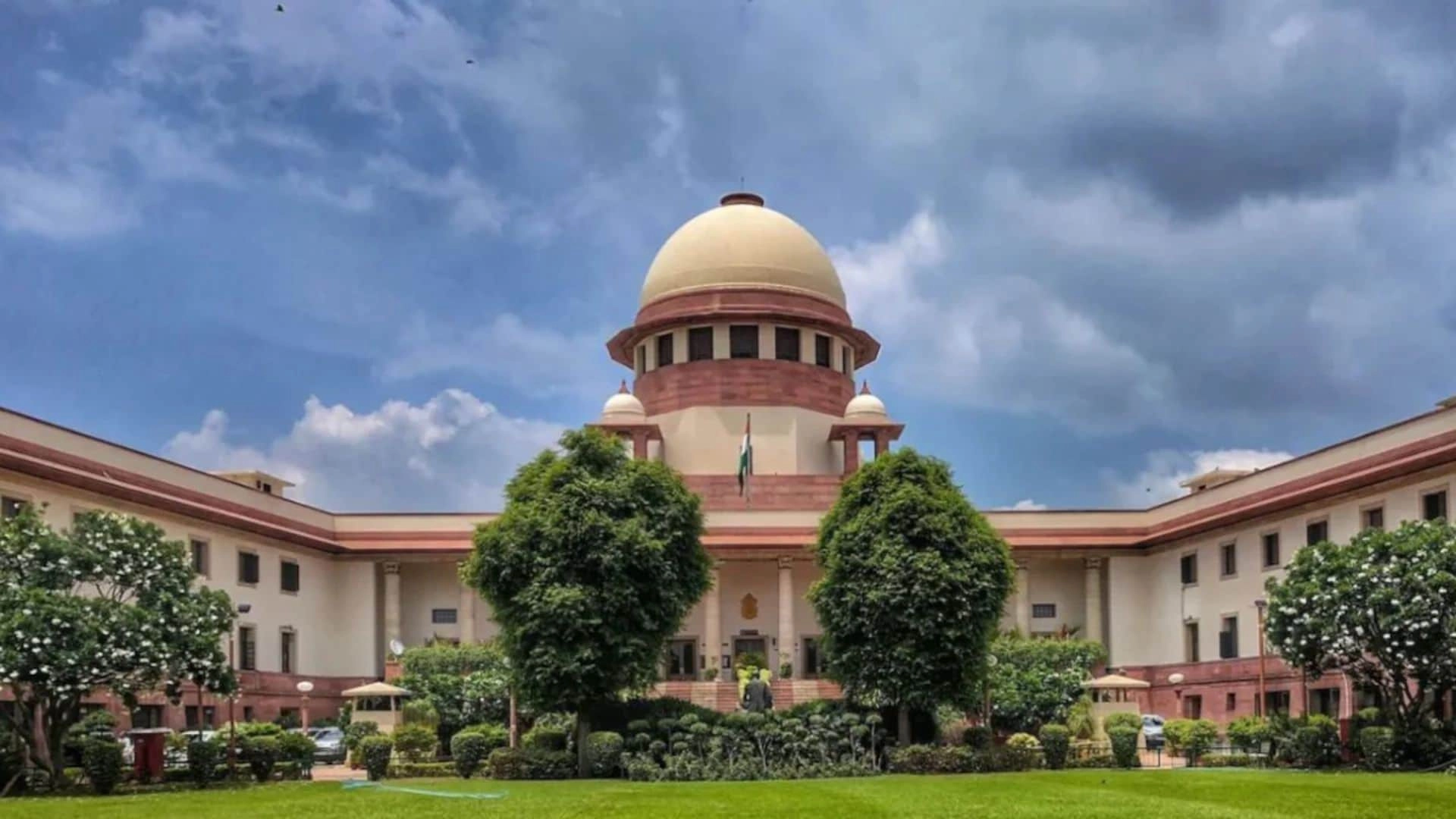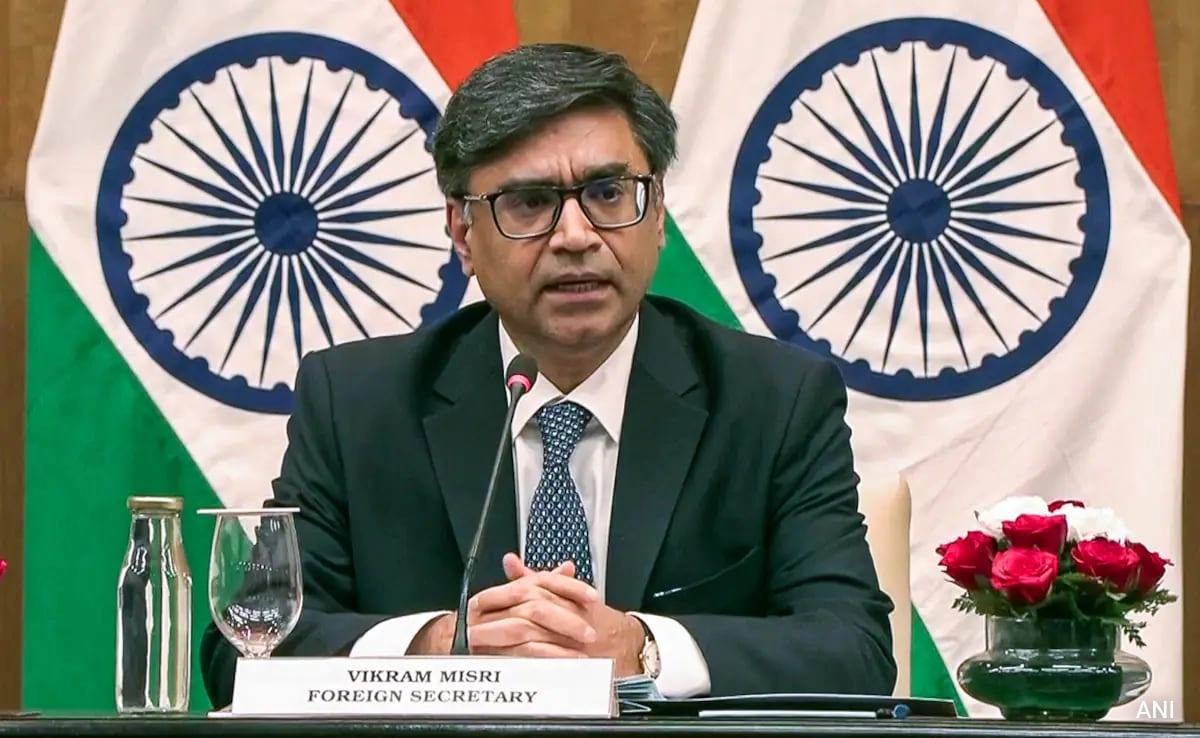In a significant ruling, the Supreme Court recently dismissed a plea concerning the marriage of a Muslim girl, raising important questions about the intersection of criminality and personal relationships. The case involved a young woman who had entered into a marriage that some parties contested based on the criminal record of her spouse. This situation ignited a broader debate about the rights of individuals, particularly women, to choose their partners, regardless of the legal history of those individuals. The court’s decision underscores the importance of personal autonomy and the legal system’s role in protecting the rights of individuals to make their own choices in matters of love and marriage.
The ruling has sent ripples through the legal community and society at large, as it challenges preconceived notions about criminality and its impact on personal relationships. By rejecting the plea, the Supreme Court emphasized that a person’s past does not necessarily define their present or future, particularly in the context of love and companionship. This decision could have far-reaching implications for how similar cases are handled in the future, potentially paving the way for greater acceptance of diverse relationships that defy traditional norms.
Moreover, this case has highlighted the ongoing struggles faced by women in asserting their rights within the framework of societal and familial expectations. The court’s stance may encourage more women to stand firm in their choice of partners, irrespective of societal prejudices or the criminal records of those they choose to love. This ruling could catalyze a shift in societal attitudes, promoting a more inclusive understanding of personal relationships, and reinforcing the notion that love should transcend past mistakes.
Ultimately, the Supreme Court’s decision serves as a reminder of the complexities involved in the legal system’s approach to personal relationships. It underscores the need for a sensitive yet robust examination of individual rights, particularly in a diverse society where cultural and personal values often collide. As discussions continue around the implications of this ruling, it is clear that the intersection of law, love, and personal choice remains a critical area of focus in the ongoing evolution of societal norms and legal frameworks.




